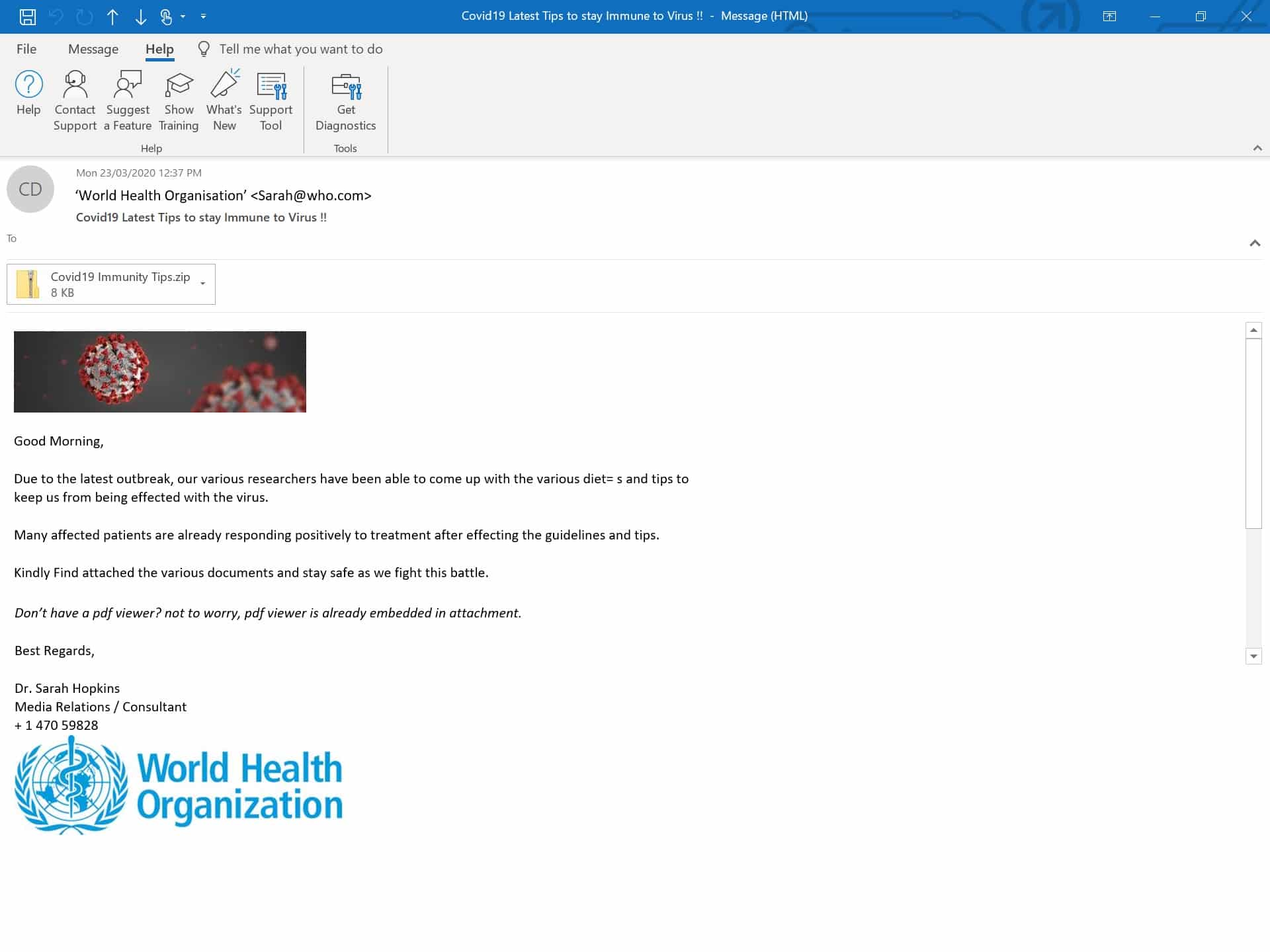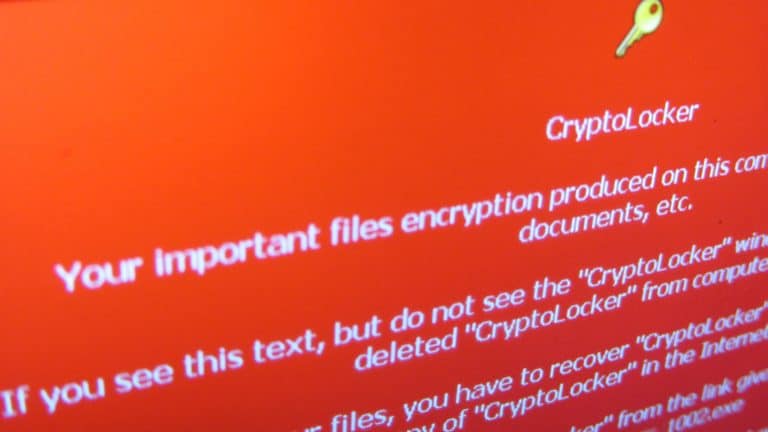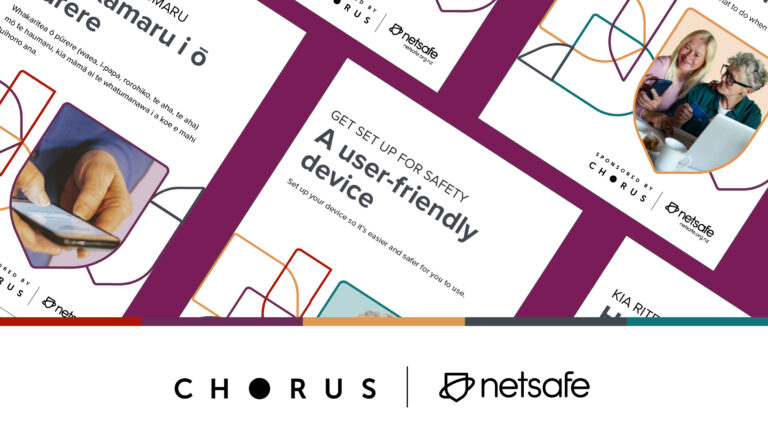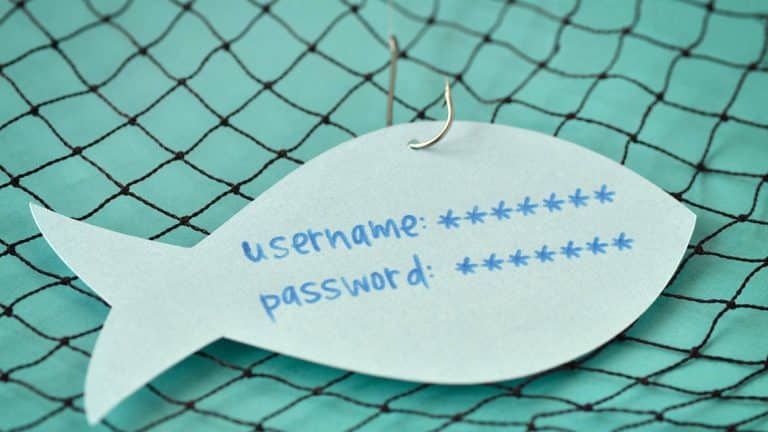COVID-19 Scam Spotting
Netsafe is urging people to be vigilant to opportunistic scammers looking to profit from COVID-19. We’ve seen first-hand how scammers are using COVID-19 as the lure to engage people. Our tips might help you protect yourself and your family. What does a COVID-19 scam look like? While the scams are different in nature and continue to…
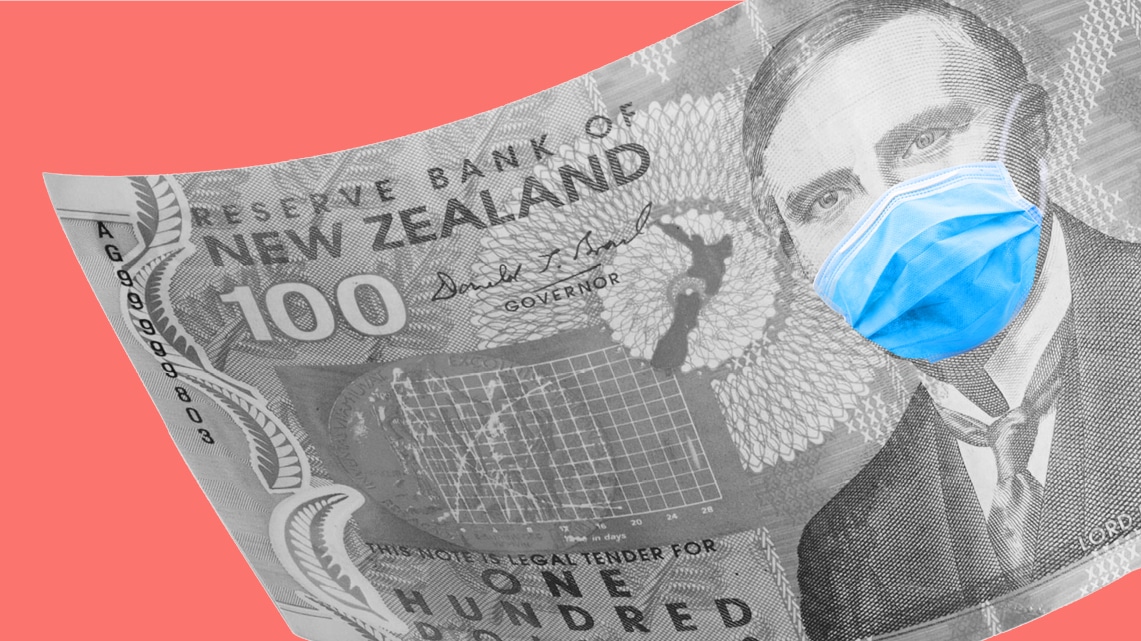
Netsafe is urging people to be vigilant to opportunistic scammers looking to profit from COVID-19. We’ve seen first-hand how scammers are using COVID-19 as the lure to engage people. Our tips might help you protect yourself and your family.
What does a COVID-19 scam look like?
While the scams are different in nature and continue to evolve, the COVID-19 scams all have a common theme in that they are trying to obtain your personal information and financial details.
Scammers are setting up fake websites selling items such as medical-grade masks or priority access to the vaccine, sending emails and texts purporting to be from the World Health Organisation and claiming to “cure” COVID-19 with teas and oils. Often these types of emails use a very similar domain name extension that is easy to be confused by like in the example below (provided by the Department of Internal Affairs).
 Netsafe’s advice
Netsafe’s advice
Netsafe is encouraging people to stop and think carefully before entering your details online, responding to an email or giving them to someone over the phone. It’s particularly important you protect information that can be used to access your accounts, build a fake online presence or impersonate you including:
- Login details and passwords to any online account including banking, email, social media and trading sites
- Bank account and credit card details
- Address
- Phone number
- Birthdate
- Personal information linked to the security questions on your online accounts
- Driver’s license
- Passport details
COVID-19 scam spotting
An online scam is any scheme designed to trick people out of money or steal their personal information that uses, or is delivered via, digital communications. Here are a few tell-tale signs you might be being caught up in a COVID-19 scam:
- Being asked for passwords – legitimate organisations will never ask for the passwords to your online accounts
- Needing to verify your account or details – don’t respond or click on any links in the communication even if it looks like it’s from a real organisation
- Unusual ways to pay for something – scammers try to use payments that can’t be traced such as pre-loaded debit cards, gift cards, bitcoins, iTunes cards or money transfer systems
- Asking for remote access to your device – never do this unless you have actively sought out the service they are providing
- Pressuring you to make a decision quickly – this could be to avoid something bad (e.g. account being closed, trouble with the IRD) or to take advantage of something good (a deal or investment)
- Contact that is out of the blue – even if the person says they’re from the Ministry of Health. It’s important to note that someone from Healthline may call you to combat the spread of COVID-19. We have some advice on our website that will help you understand if this contact is legitimate or scam.
The best thing you can do if you notice any of the signs above is to stop, get some advice or look for more information. If the person contacting you has said that they are from a legitimate organisation and you’re not sure, you can also contact that organisation to check.
COVID-19 vaccine scam tips
Netsafe encourages people to ignore unsolicited communication and to not click on advertisements or webpages promising access to the COVID-19 vaccine. We also encourage you to independently check the emails you receive are from the official organisation purporting to be the sender to confirm its legitimacy. Often these types of emails use a very similar domain name extension that is easy to be confused by. You can do this by contacting the organisation through their publicly listed contact details. Make sure that you use the phone number or email they have on their official website or in the phone book – and do not use the one given by the person or in the email they have sent you.
For this scam in particular, there are a few red flags to watch out for:
- There are spelling mistakes in the email (e.g. offerring vs offering)
- The Ministry of Health would likely already have the information requested in the form
- There has been no official announcement from the Government
Netsafe is warning people wanting the most accurate health information about COVID-19 to rely on the official website covid19.govt.nz. As there is a lot of misinformation about fake news and COVID-19 it might also be worth reading our interview with Dr Jess Berensten-Shaw to understand more about how to verify information you read online.
Report a COVID-19 vaccine scam
We’re working with CERT NZ to ensure the safe roll out of the COVID-19 vaccine. The best way you can help us stop these scams is report them. If you have experience or are aware of a COVID-19 vaccine related scam, please report it to cert.govt.nz/covidscams or you can let Netsafe know and we will let CERT NZ know. Please forward the original email, including any attachments and any further details you’re aware of.
Stay informed about the vaccine rollout
- It is important to stay informed about the COVID-19 vaccine rollout. All information about the vaccine roll out will come from the Ministry of Health or be available at https://covid19.govt.nz/
- The vaccine is free. At no point will you be asked to pay for the vaccine, or pay for your place in the queue
- You will never be asked you for your bank account or card details
- You will never be asked for your PIN or banking password
- A health worker will never arrive unannounced at your home to administer the vaccine
- If you receive requests to submit personal identification information ring your doctor directly to confirm what they require.
- If in doubt, report to CERT NZ.
Report a scam
Netsafe can’t open investigations or track scammers, but we can offer advice and use your report to develop community education. You can report a COVID-19 scam at netsafe.org.nz/report.
If you receive spam message you can report it to the Department of Internal Affairs to investigate by:
- Emailing reportspam.co.nz
- Forwarding the spam text to 7726 (free text)
The Department will contact you with details on how to complete a report.
MORE INFORMATION
Keep up to date
Follow us on social media and sign up to our enewsletter for alerts, news and tips.


